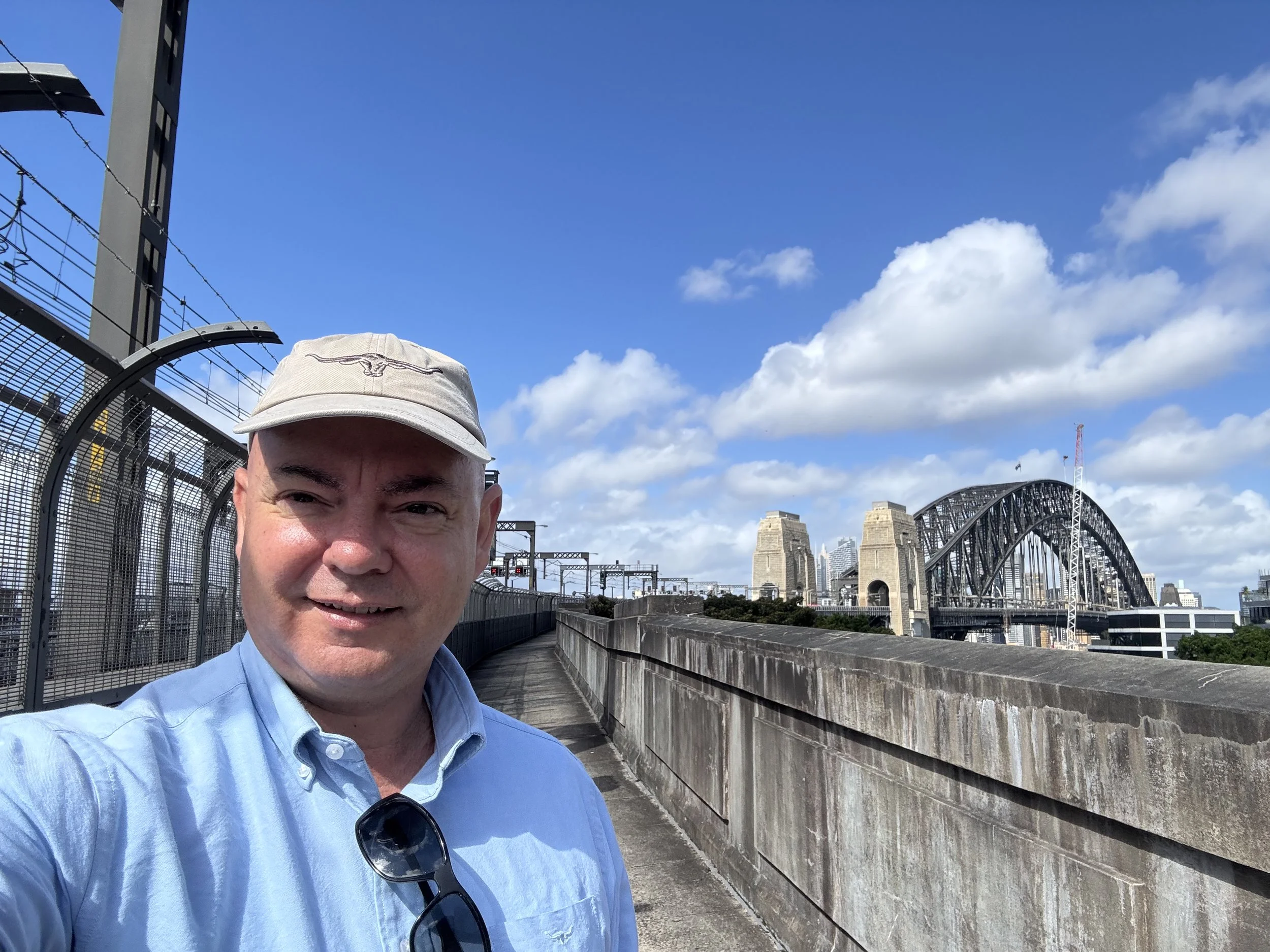The Questions that Close
That’s what kills deals before they even get going.
There’s a better way — one borrowed from the CIA.
Here’s what most sales training leaves out:
Top performers don’t focus on what they’ll say. They focus on what they’ll ask.
Forget the polished pitch or clever comeback. That’s not what wins deals.
What wins is asking the right question at the right time — and doing it with intent.
I learned this the hard way.
For years, I’d ask safe, friendly questions:
“How was your weekend?”
“Got any holidays coming up?”
Nice? Sure.
Useful in a B2B sales process? Not really.
Then I came across how CIA operatives prep conversations.
They build what’s called a Conversation Map.
Before they walk into a meeting, they map out:
“If the person says this, I’ll go there…”
“If they push back, I’ll pivot here…”
It’s not a script. It’s strategy. And it works.
Great salespeople do the same.
They know their critical decision points.
They prepare questions that uncover real needs.
And every question moves the buyer one step closer to clarity.
No fluff. No guessing. Just purpose-driven conversation.
Here’s the mindset shift:
Don’t ask questions to sound smart. Ask to serve.
Most reps ask like they’re testing the buyer.
But when buyers feel dumb or cornered, they either buy small — or not at all.
The fix?
Ask questions that help buyers feel confident and in control.
Examples:
“What’s stopping this from moving forward today?”
“How does this impact your bigger priorities this quarter?”
“What happens if nothing changes?”
These are easy to answer, but packed with insight.
They move the conversation forward — without pressure.
Here’s a simple way to build your own Conversation Map:
Pick 3-5 key decision points in your deal
Plan responses based on possible answers
Craft questions that uncover what matters most
Prepare follow-ups that show you’re really listening
For example:
If they raise budget concerns — talk about the cost of doing nothing.
If they mention needing leadership approval — offer a plan to get it.
Now it’s no longer a sales pitch. It’s a two-way discussion.
You’re solving problems together.
After every call, review:
What landed well?
Where did it get stuck?
What surprised you?
Tweak your map. Keep getting sharper.
Elite sellers don’t wing it. They work from a playbook.
And this is one worth building.
Because when you ask better questions, you lead better conversations.
You reduce pressure, build trust, and help your buyer make the right call.
That’s real influence.
And it starts by letting your questions do the heavy lifting!


